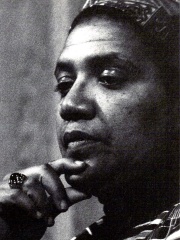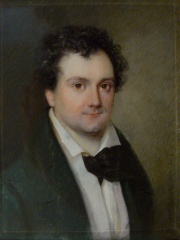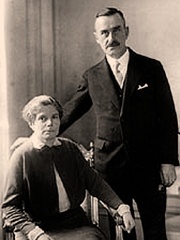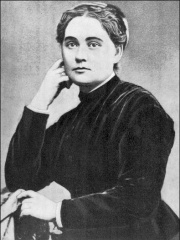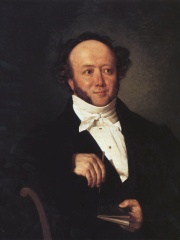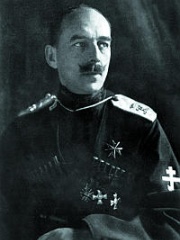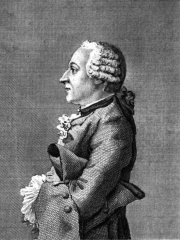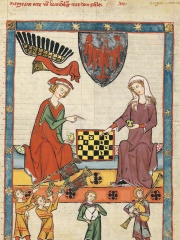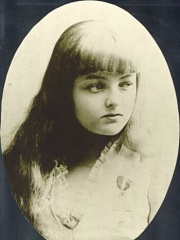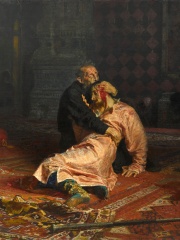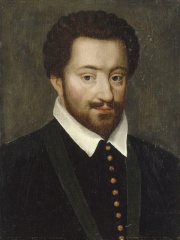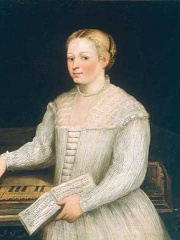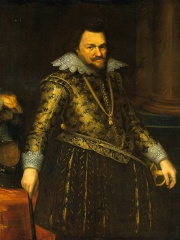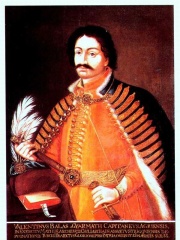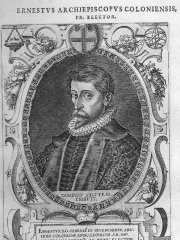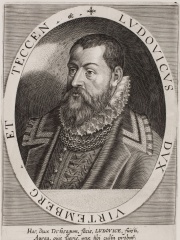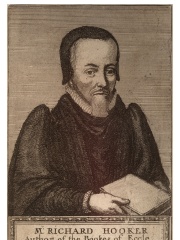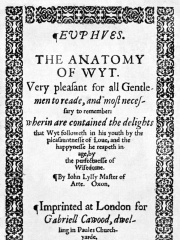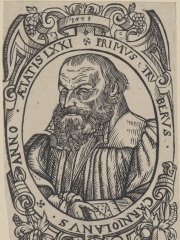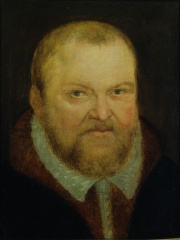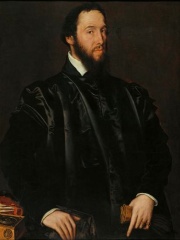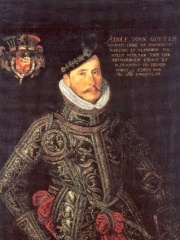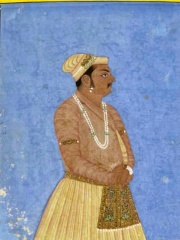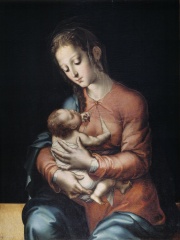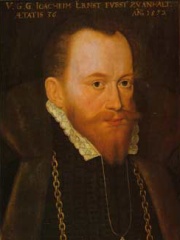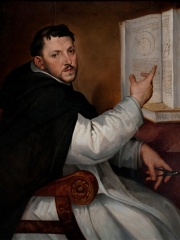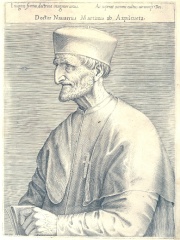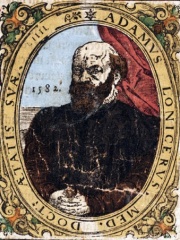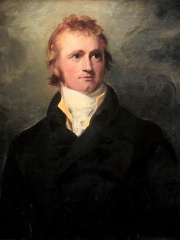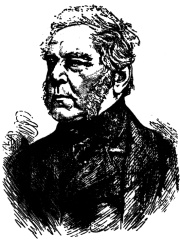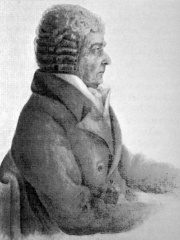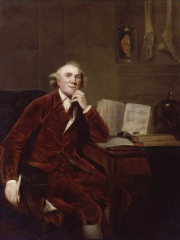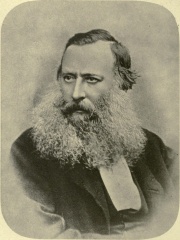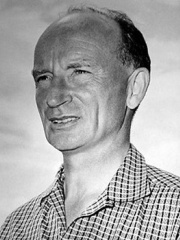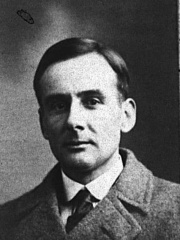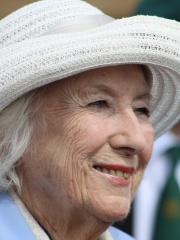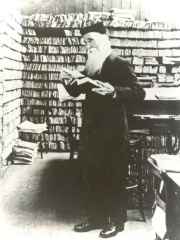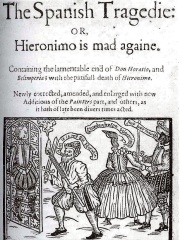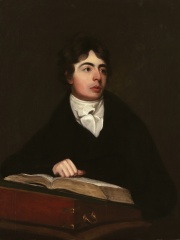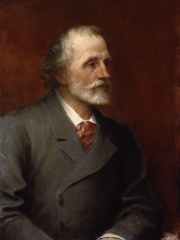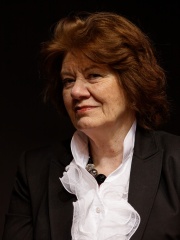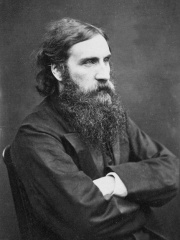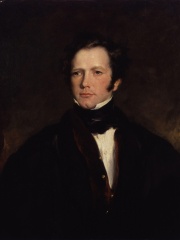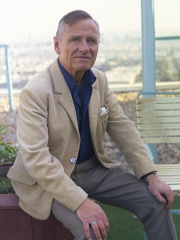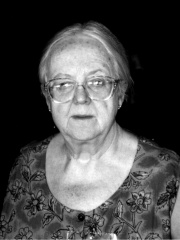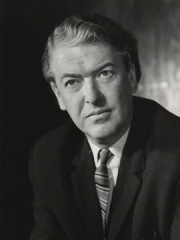Writer
Philip Sidney
1554 - 1586
EN.WIKIPEDIA PAGE VIEWS (PV)
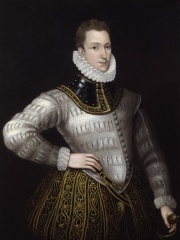
 Philip Sidney
Philip Sidney
His biography is available in 44 different languages on Wikipedia (up from 41 in 2024). Philip Sidney is the 2,022nd most popular writer (up from 2,352nd in 2024), the 1,775th most popular biography from United Kingdom (down from 1,743rd in 2019) and the 193rd most popular British Writer.
Memorability Metrics
Page views of Philip Sidney by language
Among Writers
Among writers, Philip Sidney ranks 2,022 out of 7,302. Before him are Audre Lorde, Johann Nestroy, Katia Mann, Abu Hamid al-Gharnati, Marko Vovchok, and Jeremias Gotthelf. After him are Pavel Bermondt-Avalov, Friedrich Melchior, Baron von Grimm, Otto IV, Margrave of Brandenburg-Stendal, Yehuda Amichai, Elvira Madigan, and Ion of Chios.
Most Popular Writers in Wikipedia
Go to all RankingsAudre Lorde
1934 - 1992
HPI: 63.16
Rank: 2,016
Johann Nestroy
1801 - 1862
HPI: 63.16
Rank: 2,017
Katia Mann
1883 - 1980
HPI: 63.16
Rank: 2,018
Abu Hamid al-Gharnati
1080 - 1170
HPI: 63.16
Rank: 2,019
Marko Vovchok
1833 - 1907
HPI: 63.16
Rank: 2,020
Jeremias Gotthelf
1797 - 1854
HPI: 63.16
Rank: 2,021
Philip Sidney
1554 - 1586
HPI: 63.16
Rank: 2,022
Pavel Bermondt-Avalov
1877 - 1974
HPI: 63.15
Rank: 2,023
Friedrich Melchior, Baron von Grimm
1723 - 1807
HPI: 63.14
Rank: 2,024
Otto IV, Margrave of Brandenburg-Stendal
1238 - 1308
HPI: 63.13
Rank: 2,025
Yehuda Amichai
1924 - 2000
HPI: 63.12
Rank: 2,026
Elvira Madigan
1867 - 1889
HPI: 63.12
Rank: 2,027
Ion of Chios
490 BC - 422 BC
HPI: 63.12
Rank: 2,028
Contemporaries
Among people born in 1554, Philip Sidney ranks 10. Before him are Walter Raleigh, Tsarevich Ivan Ivanovich of Russia, Charles, Duke of Mayenne, Marietta Robusti, Philip William, Prince of Orange, and Bálint Balassi. After him are Ernest of Bavaria, Wakisaka Yasuharu, Bartolomeo Carducci, Louis III, Duke of Württemberg, Richard Hooker, and John Lyly. Among people deceased in 1586, Philip Sidney ranks 12. Before him are Primož Trubar, Augustus, Elector of Saxony, Antoine Perrenot de Granvelle, Adolf, Duke of Holstein-Gottorp, Birbal, and Luis de Morales. After him are Joachim Ernest, Prince of Anhalt, Ignazio Danti, Martín de Azpilcueta, and Adam Lonicer.
Others Born in 1554
Go to all RankingsWalter Raleigh
WRITER
1554 - 1618
HPI: 70.77
Rank: 4
Tsarevich Ivan Ivanovich of Russia
NOBLEMAN
1554 - 1581
HPI: 68.09
Rank: 5
Charles, Duke of Mayenne
POLITICIAN
1554 - 1611
HPI: 66.06
Rank: 6
Marietta Robusti
PAINTER
1554 - 1590
HPI: 64.17
Rank: 7
Philip William, Prince of Orange
POLITICIAN
1554 - 1618
HPI: 63.66
Rank: 8
Bálint Balassi
WRITER
1554 - 1594
HPI: 63.20
Rank: 9
Philip Sidney
WRITER
1554 - 1586
HPI: 63.16
Rank: 10
Ernest of Bavaria
POLITICIAN
1554 - 1612
HPI: 63.07
Rank: 11
Wakisaka Yasuharu
MILITARY PERSONNEL
1554 - 1626
HPI: 62.41
Rank: 12
Bartolomeo Carducci
PAINTER
1554 - 1608
HPI: 60.36
Rank: 13
Louis III, Duke of Württemberg
NOBLEMAN
1554 - 1593
HPI: 59.97
Rank: 14
Richard Hooker
RELIGIOUS FIGURE
1554 - 1600
HPI: 58.04
Rank: 15
John Lyly
WRITER
1554 - 1606
HPI: 57.17
Rank: 16
Others Deceased in 1586
Go to all RankingsPrimož Trubar
RELIGIOUS FIGURE
1508 - 1586
HPI: 67.71
Rank: 6
Augustus, Elector of Saxony
POLITICIAN
1526 - 1586
HPI: 67.12
Rank: 7
Antoine Perrenot de Granvelle
RELIGIOUS FIGURE
1517 - 1586
HPI: 66.46
Rank: 8
Adolf, Duke of Holstein-Gottorp
NOBLEMAN
1526 - 1586
HPI: 66.34
Rank: 9
Birbal
POLITICIAN
1528 - 1586
HPI: 65.47
Rank: 10
Luis de Morales
PAINTER
1509 - 1586
HPI: 63.88
Rank: 11
Philip Sidney
WRITER
1554 - 1586
HPI: 63.16
Rank: 12
Joachim Ernest, Prince of Anhalt
POLITICIAN
1536 - 1586
HPI: 62.41
Rank: 13
Ignazio Danti
MATHEMATICIAN
1536 - 1586
HPI: 61.85
Rank: 14
Martín de Azpilcueta
ECONOMIST
1492 - 1586
HPI: 60.21
Rank: 15
Adam Lonicer
BIOLOGIST
1528 - 1586
HPI: 57.09
Rank: 16
In United Kingdom
Among people born in United Kingdom, Philip Sidney ranks 1,775 out of NaN. Before him are Alexander Mackenzie (1764), John Graunt (1620), John Latham (1740), John Hunter (1728), Paul McGrath (1959), and Rosamund Pike (1979). After him are Paul Scofield (1922), Edward Blyth (1810), Robert Stevenson (1905), Joseph Boxhall (1884), Vera Lynn (1917), and Robert Pattinson (1986).
Others born in United Kingdom
Go to all RankingsAlexander Mackenzie
EXPLORER
1764 - 1820
HPI: 63.18
Rank: 1,769
John Graunt
MATHEMATICIAN
1620 - 1674
HPI: 63.17
Rank: 1,770
John Latham
PHYSICIAN
1740 - 1837
HPI: 63.17
Rank: 1,771
John Hunter
PHYSICIAN
1728 - 1793
HPI: 63.17
Rank: 1,772
Paul McGrath
SOCCER PLAYER
1959 - Present
HPI: 63.16
Rank: 1,773
Rosamund Pike
ACTOR
1979 - Present
HPI: 63.16
Rank: 1,774
Philip Sidney
WRITER
1554 - 1586
HPI: 63.16
Rank: 1,775
Paul Scofield
ACTOR
1922 - 2008
HPI: 63.15
Rank: 1,776
Edward Blyth
BIOLOGIST
1810 - 1873
HPI: 63.15
Rank: 1,777
Robert Stevenson
FILM DIRECTOR
1905 - 1986
HPI: 63.15
Rank: 1,778
Joseph Boxhall
MILITARY PERSONNEL
1884 - 1967
HPI: 63.15
Rank: 1,779
Vera Lynn
SINGER
1917 - 2020
HPI: 63.14
Rank: 1,780
Robert Pattinson
ACTOR
1986 - Present
HPI: 63.14
Rank: 1,781
Among Writers In United Kingdom
Among writers born in United Kingdom, Philip Sidney ranks 193. Before him are James Murray (1837), Thomas Kyd (1558), James Herriot (1916), Robert Southey (1774), George Meredith (1828), and Robert Chambers (1802). After him are Anne Perry (1938), George MacDonald (1824), Frederick Marryat (1792), Christopher Isherwood (1904), Marjorie Boulton (1924), and Kingsley Amis (1922).
James Murray
1837 - 1915
HPI: 63.37
Rank: 187
Thomas Kyd
1558 - 1594
HPI: 63.33
Rank: 188
James Herriot
1916 - 1995
HPI: 63.32
Rank: 189
Robert Southey
1774 - 1843
HPI: 63.29
Rank: 190
George Meredith
1828 - 1909
HPI: 63.28
Rank: 191
Robert Chambers
1802 - 1871
HPI: 63.18
Rank: 192
Philip Sidney
1554 - 1586
HPI: 63.16
Rank: 193
Anne Perry
1938 - 2023
HPI: 63.08
Rank: 194
George MacDonald
1824 - 1905
HPI: 63.04
Rank: 195
Frederick Marryat
1792 - 1848
HPI: 63.01
Rank: 196
Christopher Isherwood
1904 - 1986
HPI: 62.99
Rank: 197
Marjorie Boulton
1924 - 2017
HPI: 62.94
Rank: 198
Kingsley Amis
1922 - 1995
HPI: 62.88
Rank: 199
